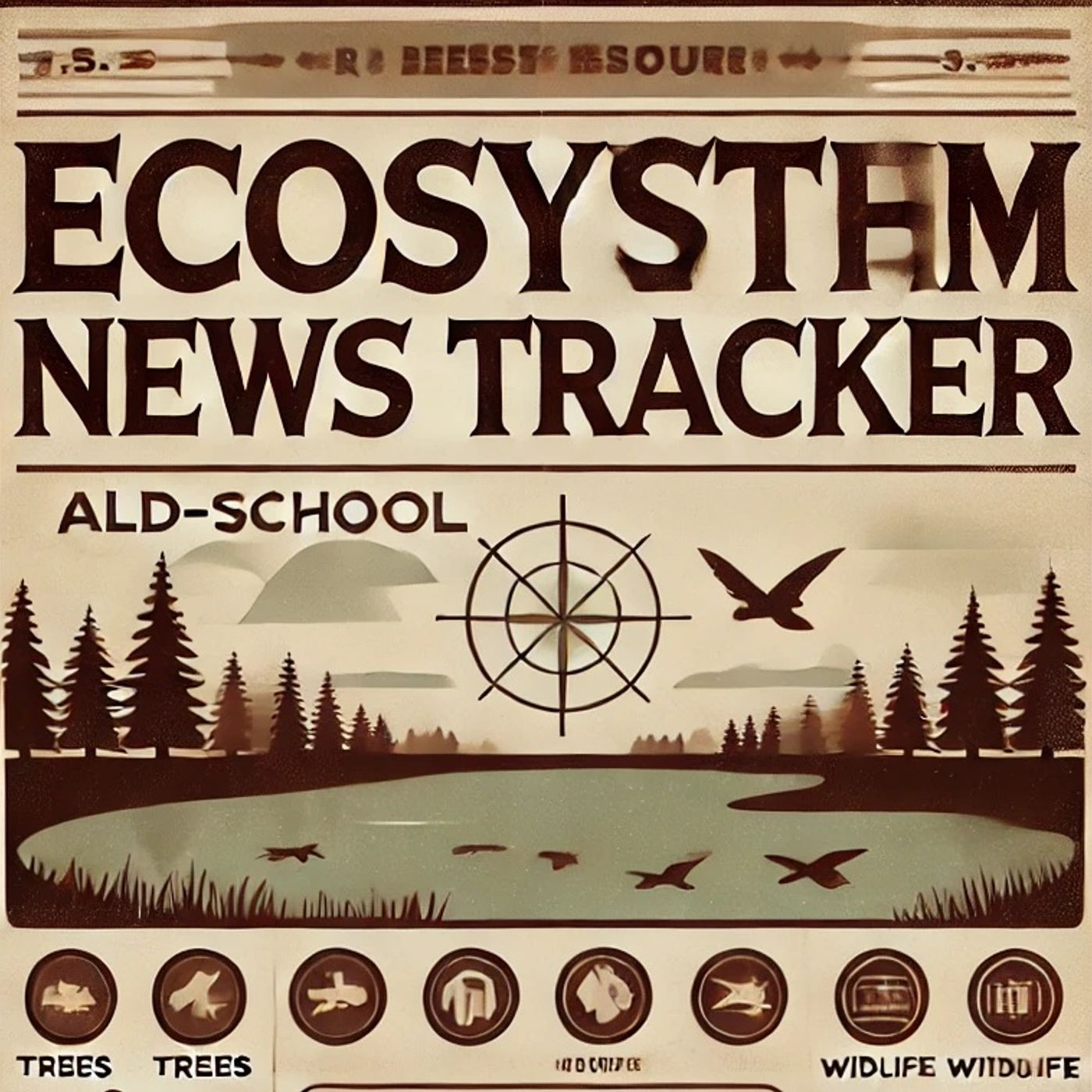Jan 29 2025 2 mins
A new study highlights the critical role of deer hunting in managing chronic wasting disease (CWD), an affliction threatening deer populations across North America. Researchers have found that consistent hunting efforts over extended periods can significantly reduce CWD prevalence and limit its spread. The study emphasizes that hunting is not merely a recreational activity, but a strategic tool in wildlife management aimed at disease control.
CWD is a fatal neurodegenerative disorder affecting cervids, including deer, elk, and moose. Characterized by severe weight loss, behavioral changes, and eventual death, the disease has the potential to decimate wildlife populations if left unchecked. With no known cure or vaccine, management strategies have become increasingly important.
The research provides evidence that intensive deer harvesting can effectively manage CWD if conducted strategically and diligently. Scientists advocate for targeted hunting efforts that prioritize areas with high disease prevalence to curb transmission. The results of the study highlight the importance of sustained hunting pressure, suggesting that sporadic or lenient hunting policies may fail to achieve the desired reductions in CWD.
By reducing deer densities, hunting lowers the chances of transmission between animals. This approach not only helps control the disease but also supports healthier ecosystems overall by maintaining balanced wildlife populations. Adequate hunting regulation ensures that deer populations are kept within sustainable limits, preventing overpopulation and the resultant environmental degradation.
The study's findings suggest policymakers should work closely with wildlife management agencies to develop management plans that integrate hunting as a core component of CWD control strategies. By combining scientific insight with practical application, these plans can help stabilize affected deer populations while preserving the ecological balance.
Public awareness and support play a crucial role in the success of such initiatives. By understanding the ecological and health benefits of controlled hunting, communities are more likely to endorse and participate in these programs. This cooperative approach helps build a sustainable model for wildlife conservation and disease management.
In the face of the increasing threat posed by CWD, the study serves as a reminder of the complex interplay between humans and wildlife. Encouraging responsible hunting practices can mitigate disease impacts, ensuring the vitality of cervid species for generations to come. As research progresses, continued collaboration between scientists, hunters, and policymakers remains essential in safeguarding wildlife health and biodiversity.
CWD is a fatal neurodegenerative disorder affecting cervids, including deer, elk, and moose. Characterized by severe weight loss, behavioral changes, and eventual death, the disease has the potential to decimate wildlife populations if left unchecked. With no known cure or vaccine, management strategies have become increasingly important.
The research provides evidence that intensive deer harvesting can effectively manage CWD if conducted strategically and diligently. Scientists advocate for targeted hunting efforts that prioritize areas with high disease prevalence to curb transmission. The results of the study highlight the importance of sustained hunting pressure, suggesting that sporadic or lenient hunting policies may fail to achieve the desired reductions in CWD.
By reducing deer densities, hunting lowers the chances of transmission between animals. This approach not only helps control the disease but also supports healthier ecosystems overall by maintaining balanced wildlife populations. Adequate hunting regulation ensures that deer populations are kept within sustainable limits, preventing overpopulation and the resultant environmental degradation.
The study's findings suggest policymakers should work closely with wildlife management agencies to develop management plans that integrate hunting as a core component of CWD control strategies. By combining scientific insight with practical application, these plans can help stabilize affected deer populations while preserving the ecological balance.
Public awareness and support play a crucial role in the success of such initiatives. By understanding the ecological and health benefits of controlled hunting, communities are more likely to endorse and participate in these programs. This cooperative approach helps build a sustainable model for wildlife conservation and disease management.
In the face of the increasing threat posed by CWD, the study serves as a reminder of the complex interplay between humans and wildlife. Encouraging responsible hunting practices can mitigate disease impacts, ensuring the vitality of cervid species for generations to come. As research progresses, continued collaboration between scientists, hunters, and policymakers remains essential in safeguarding wildlife health and biodiversity.
